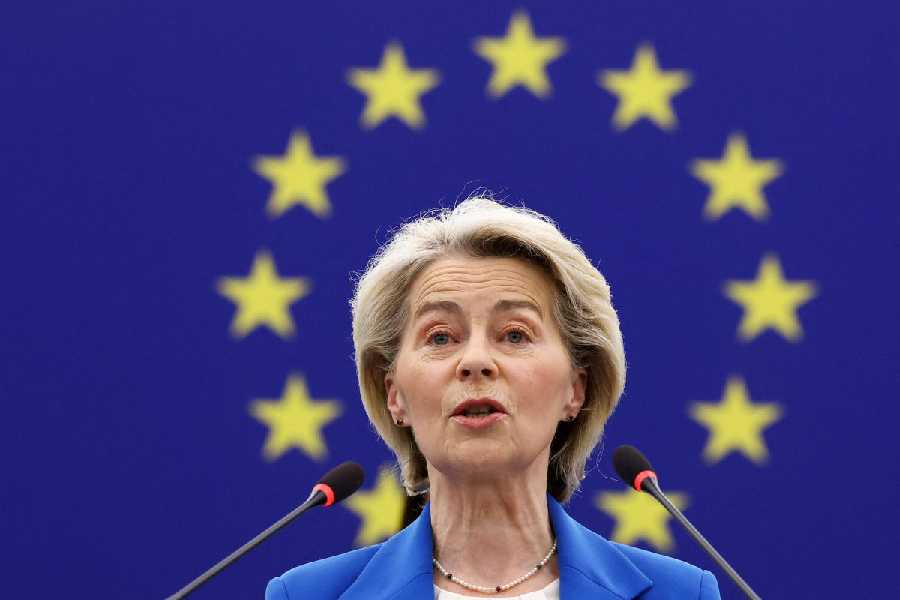Bailout talks between Jaguar Land Rover and Tata Steel with the UK government have ended, leaving both firms to rely on private financing to overcome the impact of coronavirus on business, the Financial Times reported on Friday.
The report here said that talks for an emergency funding fell through as Jaguar Land Rover (JLR) did not qualify for taxpayer support. It is the luxury car unit of India’s Tata Motors and Tata Steel, both owned by Indian conglomerate Tata Group.
The bailout plan, titled “Project Birch”, had been authorised by finance minister Rishi Sunak in May to rescue companies that are seen as strategically important, with the Treasury saying it may step in to support crucial businesses on a “last resort” basis after other options run out.
The report, citing a source familiar with the matter, said that the funding scheme became infeasible for Tata as it imposed strict conditions on any lending.
“Tata Steel remains in ongoing and constructive talks with the UK government on areas of potential support,” Tata Steel said in an emailed statement.
The UK Treasury said it would not comment on individual companies. Tata Motors did not immediately respond to request for comment.
Ongoing trade conflicts and Covid-19 has adversely impacted JLR vehicle sales in 2019-20, which contracted by 12 per cent year-on-year.
A significant part of the volume decline occurred in the fourth quarter of 2019-20.
JLR was able to improve its profitability during the year and reduce its cash outflows, compared with previous years despite a decrease in volumes through a host of structural initiatives to drive efficiencies.










